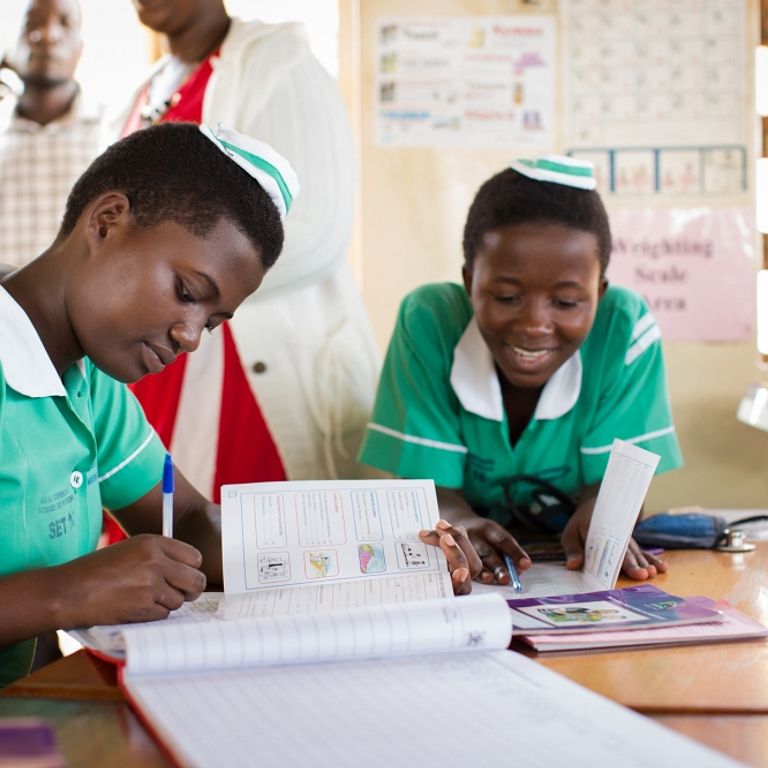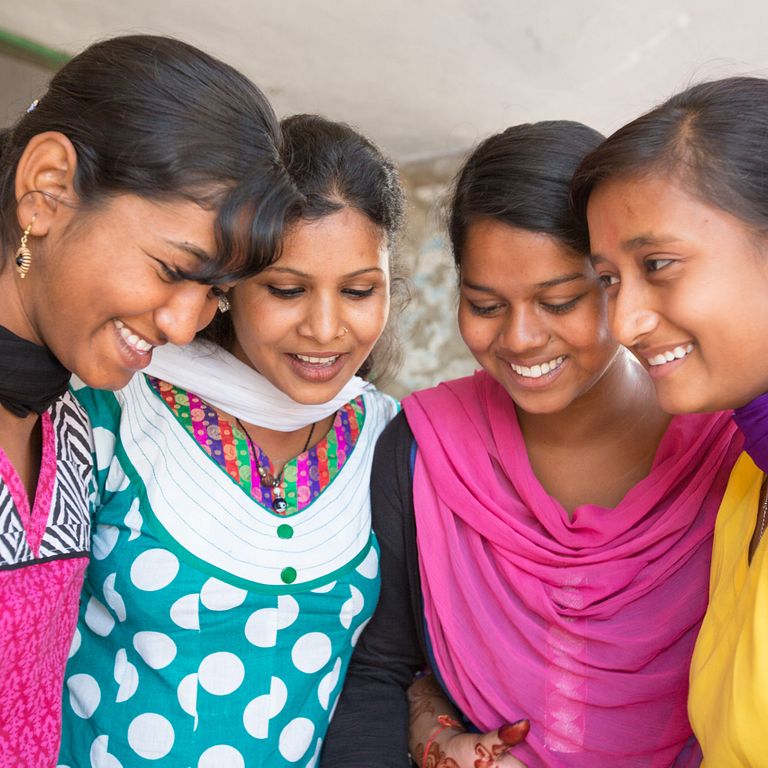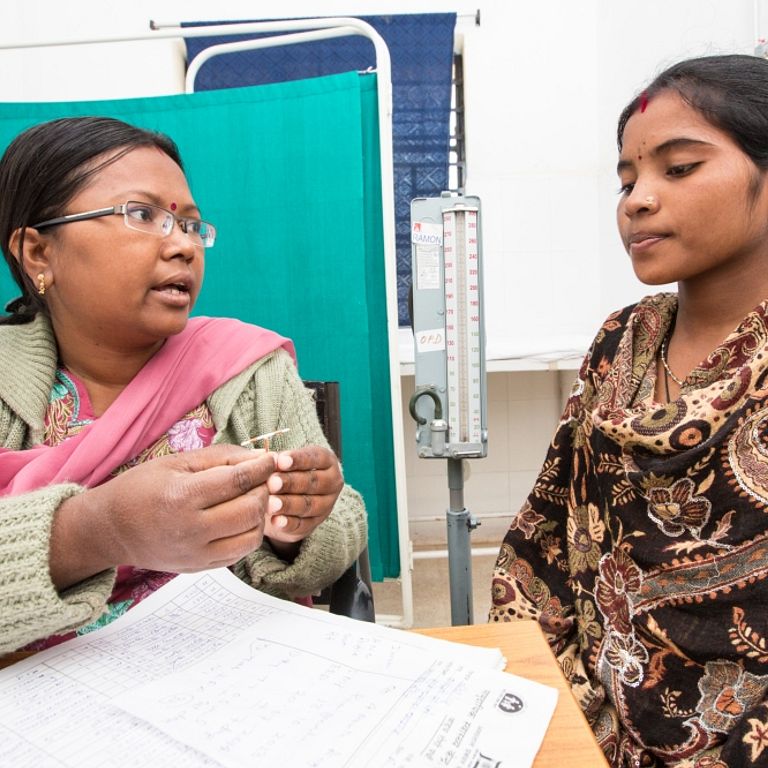Reach, Expand, and Access Community Health (REACH)

The Reach, Expand, and Access Community Health (REACH) program in Ethiopia’s Jimma and Borena zones is a four-year initiative funded by the Embassy of the Kingdom of the Netherlands. This program aims to ensure access to information and services for integrated sexual and reproductive health and rights, menstrual hygiene management, and water, sanitation, and hygiene (WaSH) services for women and young people.
According to the 2016 Ethiopia Demographic and Health Survey (EDHS), the Oromia region has the country’s highest percentage of unmet need for FP (28.9%). Female genital cutting is also higher in Oromia at 75.6%, compared to the national prevalence rate of 65.2%. In the 2019 Ethiopia Mini Demographic Health Survey (EMDHS), the total fertility rate among women ages 15-49 in Oromia was 4.3. Nearly 39% of married women ages 15-49 years in the region currently use modern contraception, whereas the percentage of women who gave birth in a health facility in Oromia increased from 26% in 2016 to 48% in 2019. With regard to access to improved water supply, the EMDHS reported that 65.2% of the population in Oromia has access to an improved drinking water supply, which lowers to 53% in Jimma and 38% in Borena; and the water supply system non-functionality rate is 15.7% in Jimma and 34.7% in Borena. Only two out of five schools in the region have access to gender-segregated toilet facilities, including 57% of secondary schools in Jimma and 64.8% in Borena. Schools’ access to MHM facilities at the regional level and in both Zones is similar and reported to be approximately 23%. Regarding menstrual hygiene management, according to 2017 PMA data, only 28% of women in Ethiopia report having everything they need to manage their menstruation. Women and girls worldwide face challenges meeting their basic menstrual hygiene needs. Such difficulties can affect every aspect of their lives, including their reproductive health, and hinder global progress toward gender equality.

Through the REACH program, EngenderHealth leverages the experience of consortium partners and the resources provided by the program donor to implement holistic, integrated, and sustainable interventions and services for SRHR, WaSH, and MHM. EngenderHealth collaborates with these partners to offer comprehensive and inclusive life skills training to women and young people individually to enable them to make informed decisions about their health and well-being. We also facilitate learning within families, schools, and the wider community to ensure women and young people receive referrals to REACH services. In particular, we integrate community dialogues, couples and individual student counseling, peer-to-peer support, mass media information sharing, social media engagement, and hygiene and sanitation education into school-based and community-level activities.
To strengthen community health services, EngenderHealth and our partners train and support healthcare institutions and providers to ensure the delivery of high-quality SRHR services and products and appropriate service referrals. Furthermore, we support constructing and rehabilitating WaSH facilities for women and girls, such as restrooms, hand-washing stations, selling sanitation facilities through a marketing approach, and supporting the establishment of safe spaces for girls in schools. We are advocating for supportive public policies and laws surrounding the community’s SRHR, WaSH, and MHM needs to encourage lasting improvements in these areas. We are also working to improve the accountability of those tasked with upholding and implementing those policies and laws. In this way, we reinforce these advances at each societal level.
Through these initiatives, the program aims to address barriers to services faced by women and young people in underserved populations and foster an environment where they can access high-quality care. By working with local partners and addressing these needs at every level, we can strengthen community-based services; increase community awareness and knowledge of women and young people’s SRHR, MHM, WaSH, and nutritional needs; address barriers to care; and improve referral systems.
Program Partners
Program Donor
- Embassy of the Kingdom of the Netherlands


